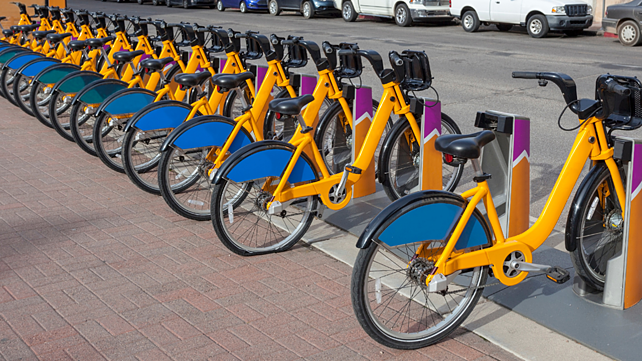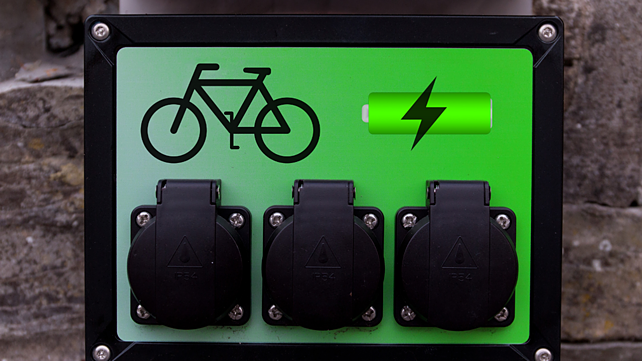
That electric vehicles are set to dominate roads across the world in the next few years is a given. With electric vehicle technology becoming commercially viable and scalable, they become the natural choice for both consumers and policymakers. Electric vehicles bring the benefit of low operating costs along with a low carbon footprint.
As motorised transport users gradually shift to electric vehicles, it will bring about a significant reduction in carbon emissions. However, is replacing cars with cars a good urban transport strategy? Perhaps not!
A study by British think tank, Centre for Research into Energy Demand Solutions (CREDS), concluded that electric cars though environmentally tenable were not the best alternative transport option for urban areas. With a low cost to operate, electric cars will likely rise in number on the road and might further increase the congestion in cities and have potentially negative health impacts in the form of obesity.
The study advocated that electric cycles, which combined the benefit of motorised transport with active transportation, were better solutions for reducing traffic and addressing health concerns related to sedentary lifestyles.
The study, which was undertaken with a combined effort of 13 academic institutions in the UK, clearly tells us that relying mainly on electrification of vehicles to reach carbon emission targets is not a sustainable strategy, as it fails to take into account the urban problems of traffic congestion.
Road space in cities is finite and replacing petrol-powered cars with electric cars will only address a part of the problem. Electric bicycles, on the other hand, bring out additional positive changes in urban lifestyles including increased physical activity, reduced commute time, and lesser congestion.
E-Bikes Adoption Accelerating Globally
While electric bikes were relegated to niche status for a long time, a series of factors have in recent years propelled a change. Rapid growth has been brought about by improvement in e-bike technology and battery life, favourable government policies for e-bikes as well as an increasing inclination towards fitness and reducing carbon footprint.

A market research estimated earlier this year that the global e-bike market is expected to grow from $17.12 billion in 2017 to $27.26 billion by 2025 at a CAGR of 6%. Interestingly, the coronavirus pandemic has provided a major push to the adoption of electric bikes globally and the growth might now outstrip the above-projected figure. The sale of bicycles, as well as e-bikes, has surged in US, UK and Europe in recent months as people find ways to avoid crowded public transport during a pandemic. Industry experts say bicycle sales in the US saw their biggest jump since the oil crisis in the 1970s.
In an annual prediction report released recently, Deloitte predicted that 130 million e-bikes could be sold globally between 2020 and 2023. It also predicted that the number of e-bikes on the roads will easily outpace other e-vehicles by the end of next year. Yes, you read that right. While we are moving fast towards an electric vehicle driven world, electric bikes might surprise us all by outstripping electric cars in sales.
Low Carbon, Healthy Transport Key To The Future
While the world knows the importance of low emission transport, it is equally important that a futuristic transport is designed in such a way that it also addresses vital needs of health and congestion. This growing realisation has in recent years given a major push to the ‘walk, cycle and public transport’ narrative. E-bikes are going to be a key component of reimagining our urban transport.

Through a supportive urban road infrastructure, a policy shift towards environmentally-friendly transport and a behavioural change towards healthy ways of traveling to work, e-bikes can become the dominant transport feature of the future. Our strategy must focus on ensuring that a large number of car users hop on to e-bikes rather than e-cars in the near future.
Similarly, people who are wary of using crowded public transport due to the coronavirus threat can be encouraged to turn to e-bikes rather than to personal cars. E-bike providers must craft marketing strategies to target populations such as working professionals and senior citizens, who can benefit from e-bikes’ ability to be ridden with less physical effort. Riding bikes to work or for daily errands also gets us the necessary physical activity to beat the sedentary lifestyle blues.
About the Author: Aditya Munjal is Director at Hero Cycles and CEO of Hero Lectro.